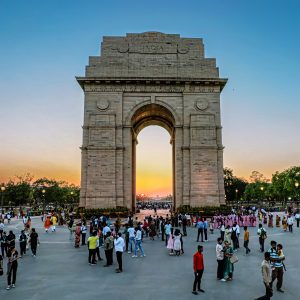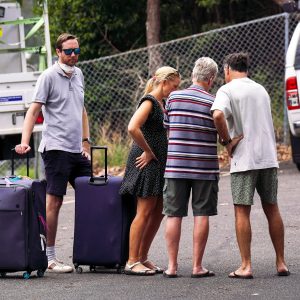Families of Senegal ferry disaster still fighting for justice 20 years on
Dakar, Senegal (AFP):
What was a trip of a lifetime for some and a day out for others ended in one of the world’s worst maritime disasters, with victims’ families still seeking justice 20 years on.
Nadine Verschatse’s eyes mist over when she recalls the capsizing of Le Joola on the night of September 26, 2002, after it sailed into a storm off the coast of Gambia.
The tragedy has haunted the 69-year-old Frenchwoman as she continues her fight to get justice for her daughter “and all the others”.
That night saw 1,863 people drowned or lost — surpassing the Titanic toll of more than 1,500 90 years earlier. Le Joola ran into trouble on the way from Ziguinchor in the Casamance region to Dakar.
Victims’ associations say more than 2,000 passengers from more than a dozen countries died after cramming onto a vessel designed for a quarter as many, with only 65 survivors.
The causes of the incident have never been fully established, despite a Senegalese government inquiry and a French probe launched because of the deaths of several French citizens.
Engine failure, a navigational error, bad weather, poor maintenance and overcrowding — or a combination — were likely to blame.
Officially, 1,928 people were onboard a boat designed for only 536. “There was negligence, failures — that much is known,” says Nadine.
Senegal closed the case in 2003 after concluding an investigation that blamed the captain, lost in the catastrophe.
French courts also dismissed a years-long French probe into the case, which had found evidence against seven Senegalese officials, concluding that Paris did not have jurisdiction.
Nadine said that amounted to “killing the victims a second time”.
Senegalese and French victims’ associations want the raising of the wreck of Le Joola, which sunk to a depth of some 20 meters (60 feet).
They also want a memorial erected.









